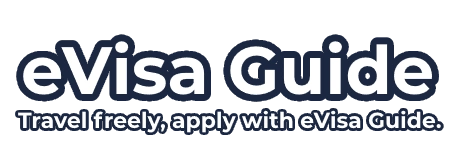Frequently Asked Questions About Zimbabwe eVisa
Are you planning a trip to Zimbabwe but feeling overwhelmed by the visa process? You’re not alone. Many travelers have questions about obtaining a Zimbabwe eVisa, and that’s why we’ve put together this comprehensive FAQ guide. Whether you’re visiting the awe-inspiring Victoria Falls, exploring the diverse ecosystems of Hwange National Park, or marveling at the ancient ruins of Great Zimbabwe, understanding the eVisa process is essential for a hassle-free trip. In this guide, we’ll answer your most pressing questions, from the types of eVisas available to the steps for applying, and everything in between. So, let’s dive in and simplify your journey to one of Africa’s most captivating destinations!
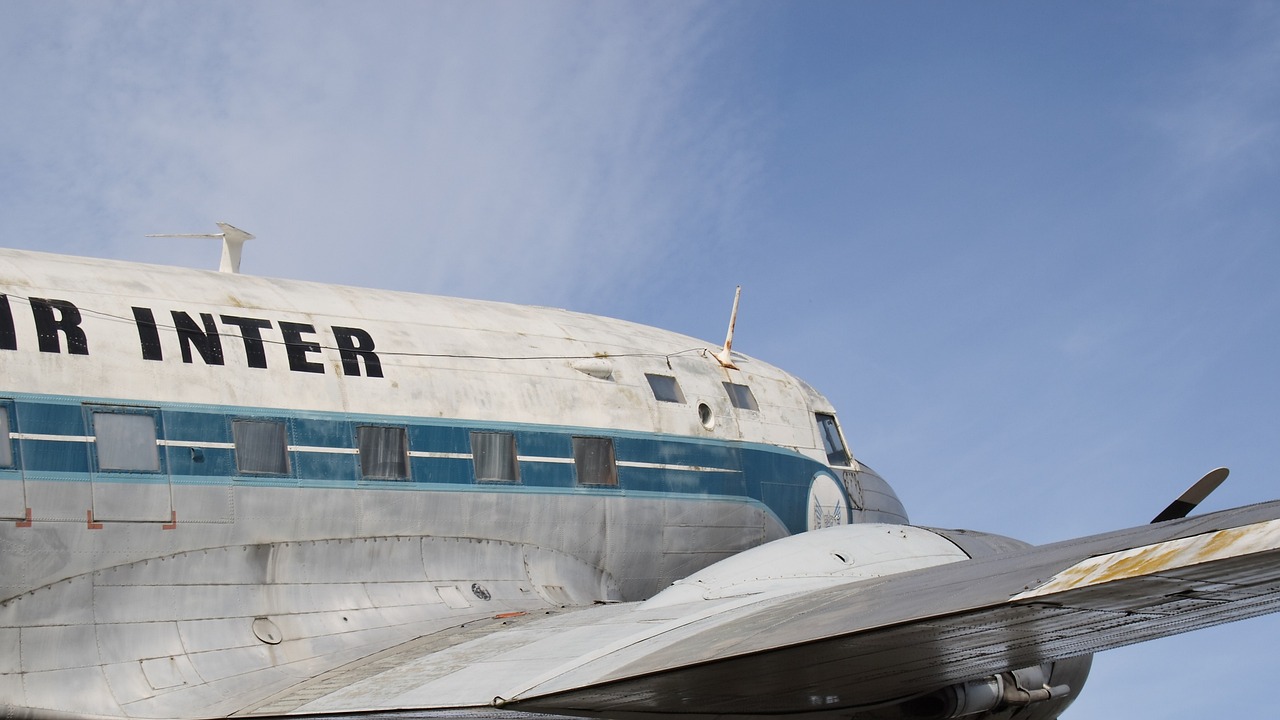
Introduction to Zimbabwe eVisa

What is a Zimbabwe eVisa?
A Zimbabwe eVisa is an electronic authorization granted by Zimbabwe immigration to eligible foreign visitors. This digital visa allows travelers to apply online in advance of their trip, avoiding the need for an embassy visit. The eVisa can be used for various purposes, including tourism, business, residence, and study. This makes the process more convenient and accessible for international travelers. With an eVisa, you can explore Zimbabwe’s extraordinary landscapes and warm hospitality with ease. The application process is straightforward, typically requiring a few essential documents.
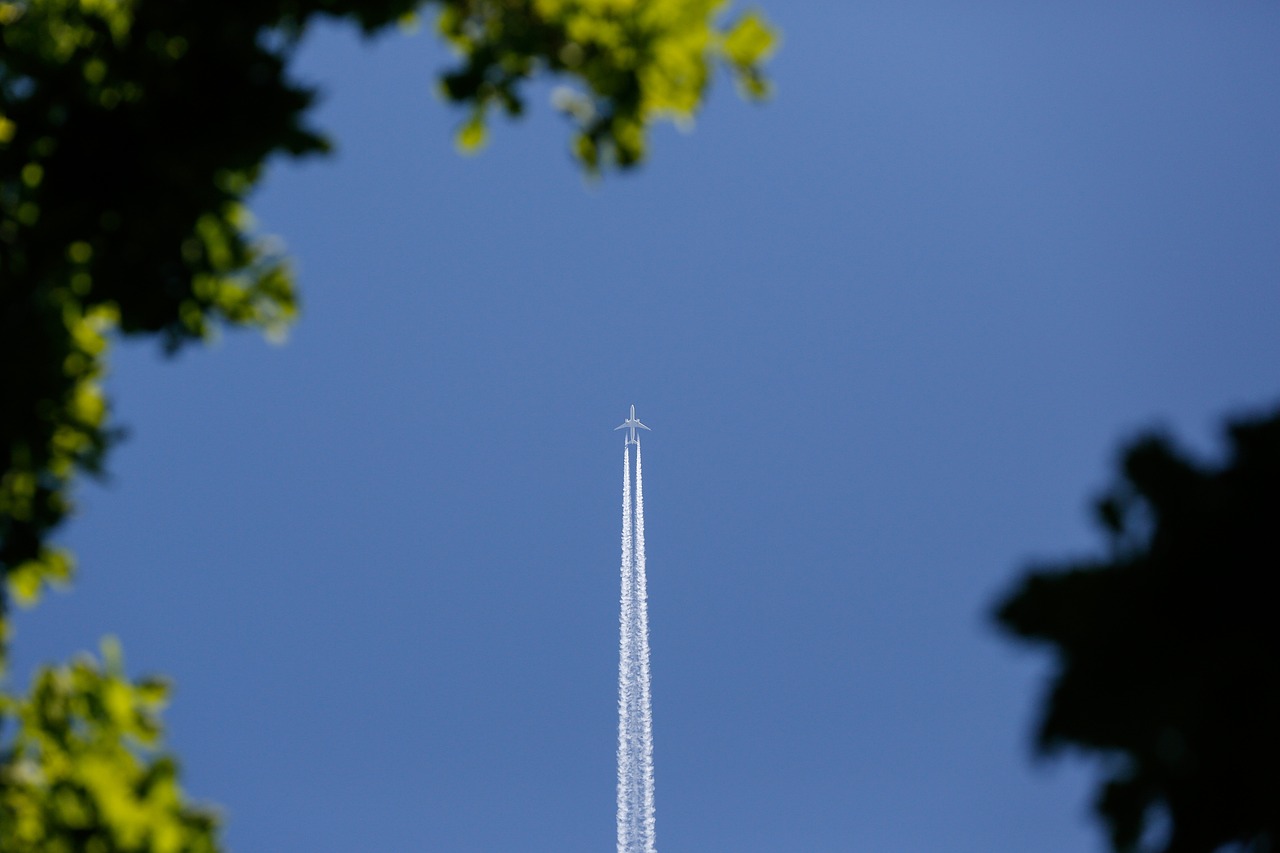
Types of Zimbabwe eVisas
Zimbabwe offers several types of eVisas to cater to different travel needs. These include:
- Single Entry Visa: Allows one-time entry and is valid for 30 days.
- Double Entry Visa: Permits two entries and is valid for 30 days each entry.
- Multiple Entry Visa: Grants multiple entries and is valid for up to 90 days.
Each visa type has its specific use cases, so choose the one that best fits your travel plans. Whether you’re visiting for tourism, business, or other purposes, there’s an eVisa option tailored for you.
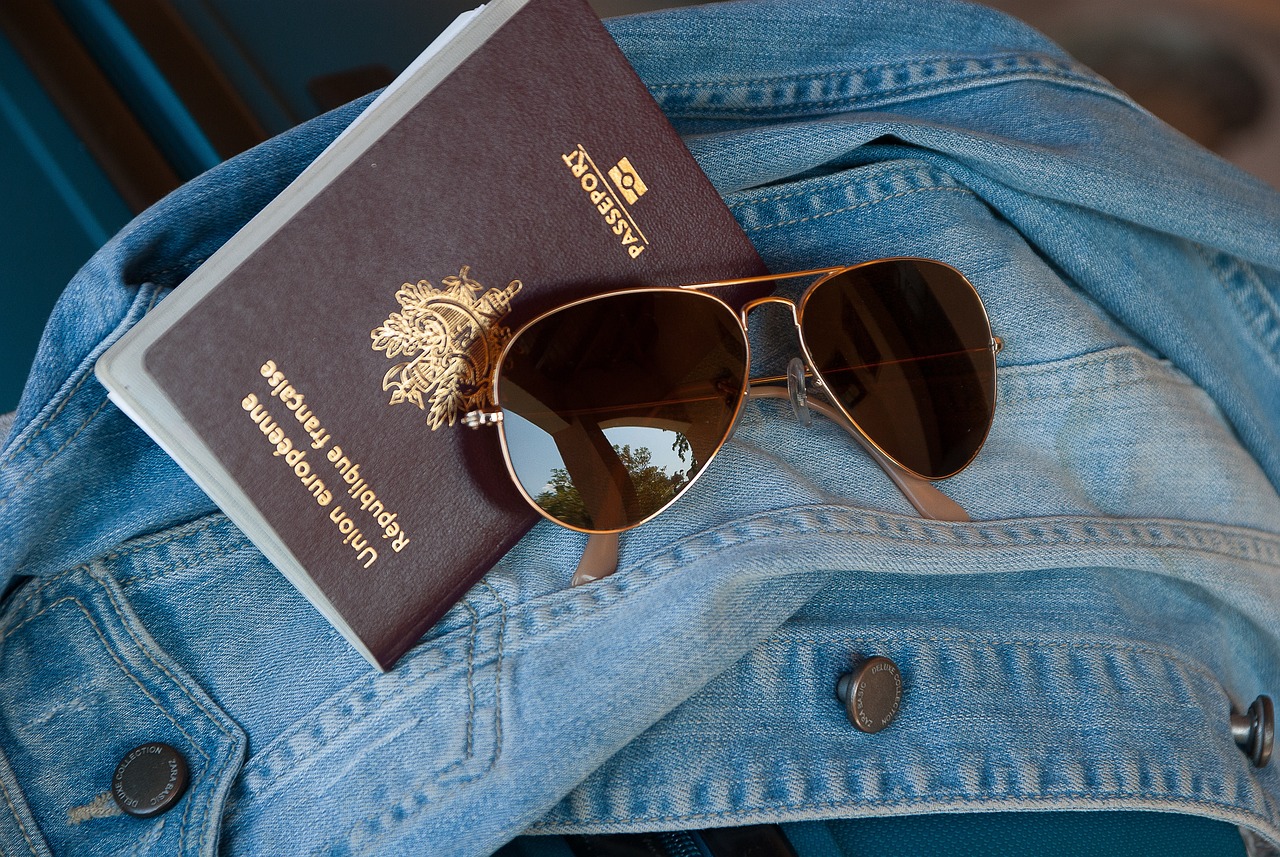
Validity and Extension of Zimbabwe eVisa
A standard Zimbabwe eVisa typically grants entry permission for 30 days. However, if you wish to extend your stay, you can apply for a visa extension. Visitors can extend their visa every month for up to 12 months at the Immigration Office in Harare or other towns around Harare. This flexibility allows travelers to explore Zimbabwe without worrying about overstaying their visa. Always ensure that your passport is valid for at least six months from your date of arrival to avoid any complications.
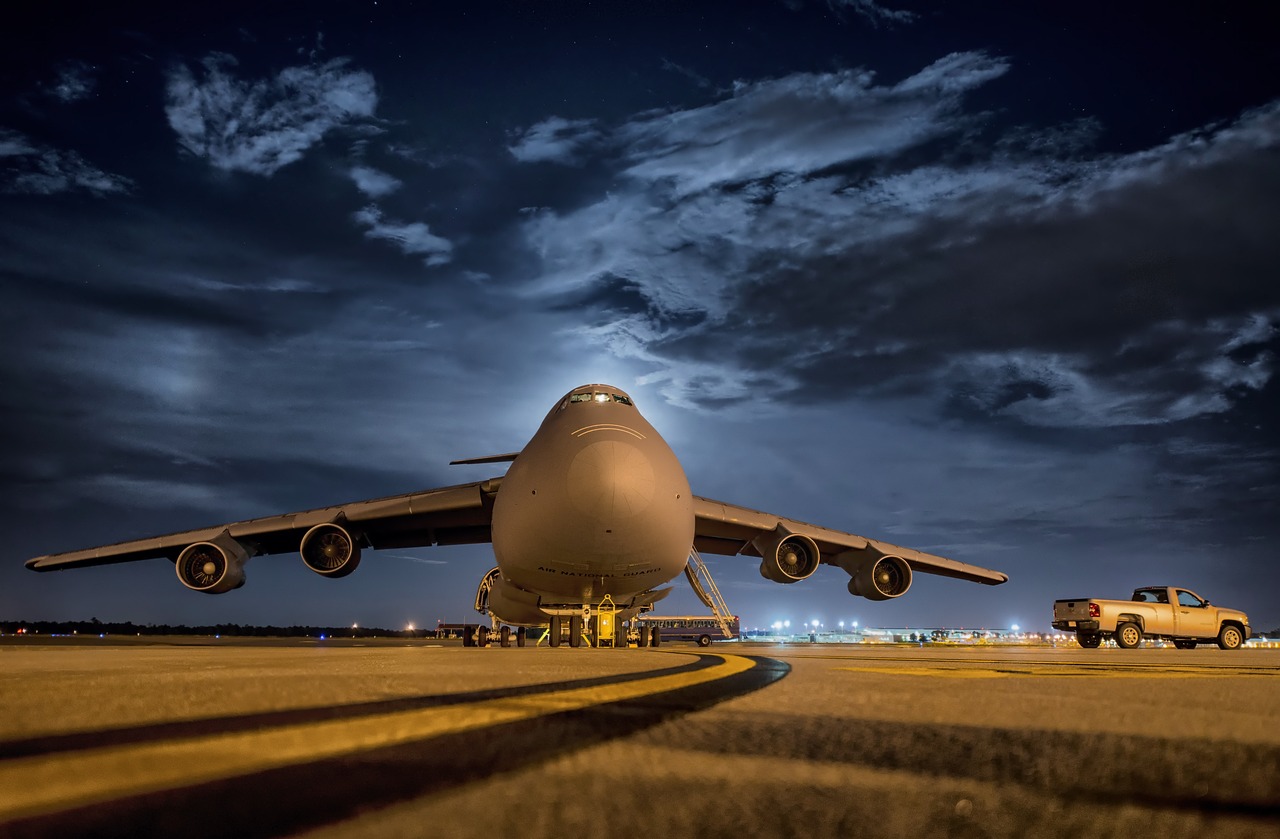
Applying for a Zimbabwe eVisa
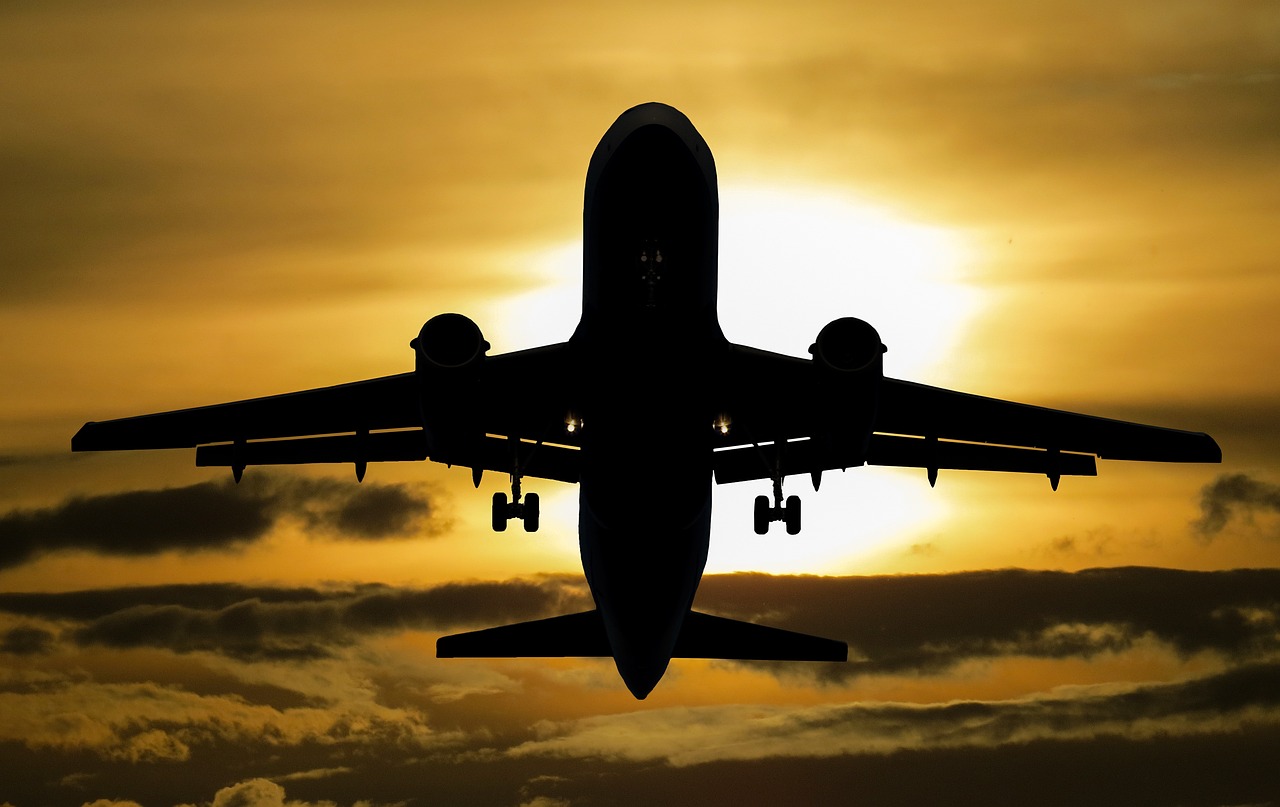
Steps to Apply for a Zimbabwe eVisa
Applying for a Zimbabwe eVisa is a straightforward process. Follow these steps:
- Visit the Zimbabwean e-visa website.
- Complete the online application form with your details.
- Upload the required documents.
- Pay the visa fee using a credit or debit card.
- Wait for the eVisa approval, which is usually emailed within a few days.
Always double-check your application to ensure all information is accurate. This will help avoid any delays or rejections.
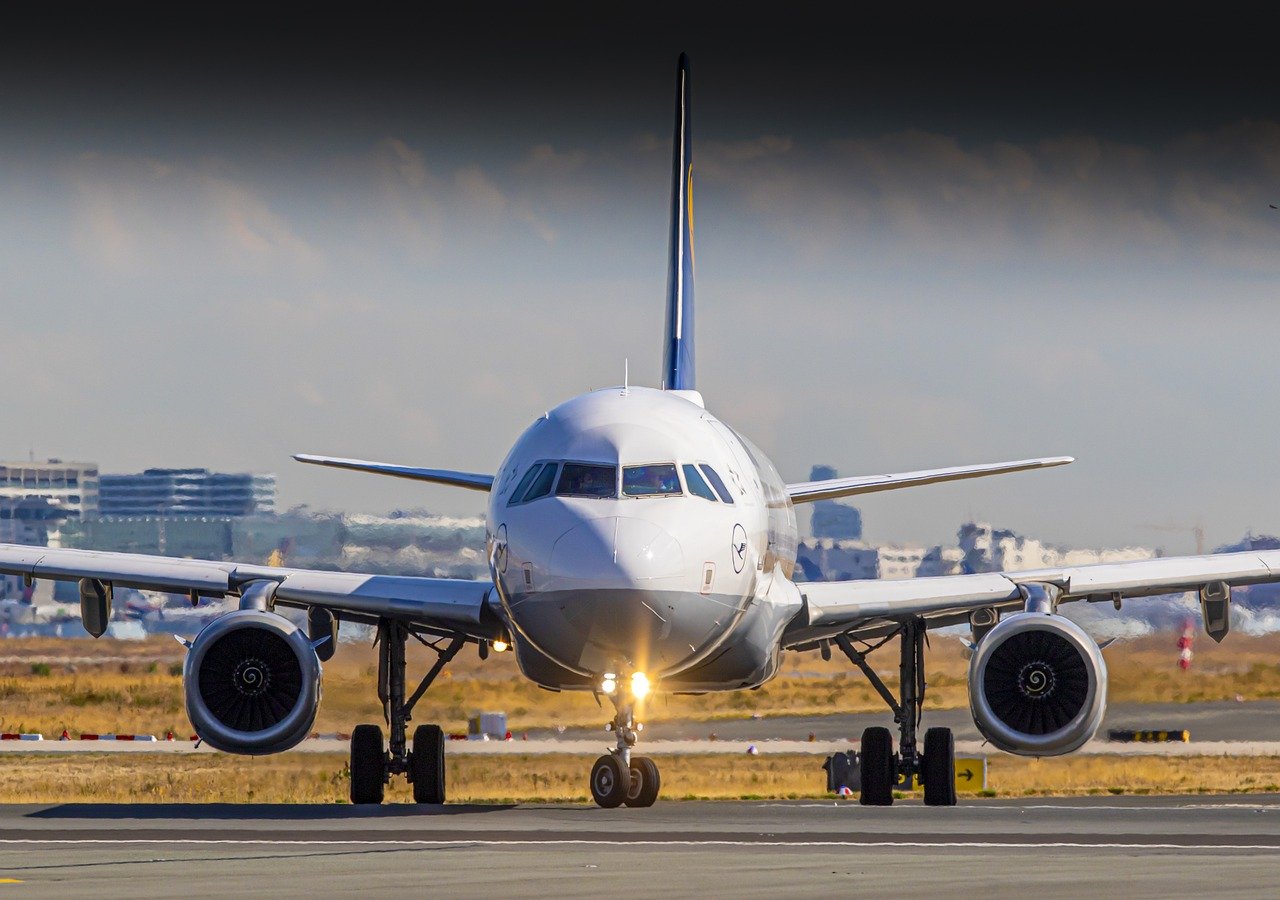
Documents Required for Zimbabwe eVisa Application
When applying for a Zimbabwe eVisa, you’ll need to provide several essential documents. These include:
- A copy of your passport data page.
- A passport-sized color photograph.
- Proof of travel itinerary or accommodation.
- A valid email address for communication.
Ensure that your passport is valid for at least six months from your arrival date. Having all your documents ready will make the application process smoother and faster.
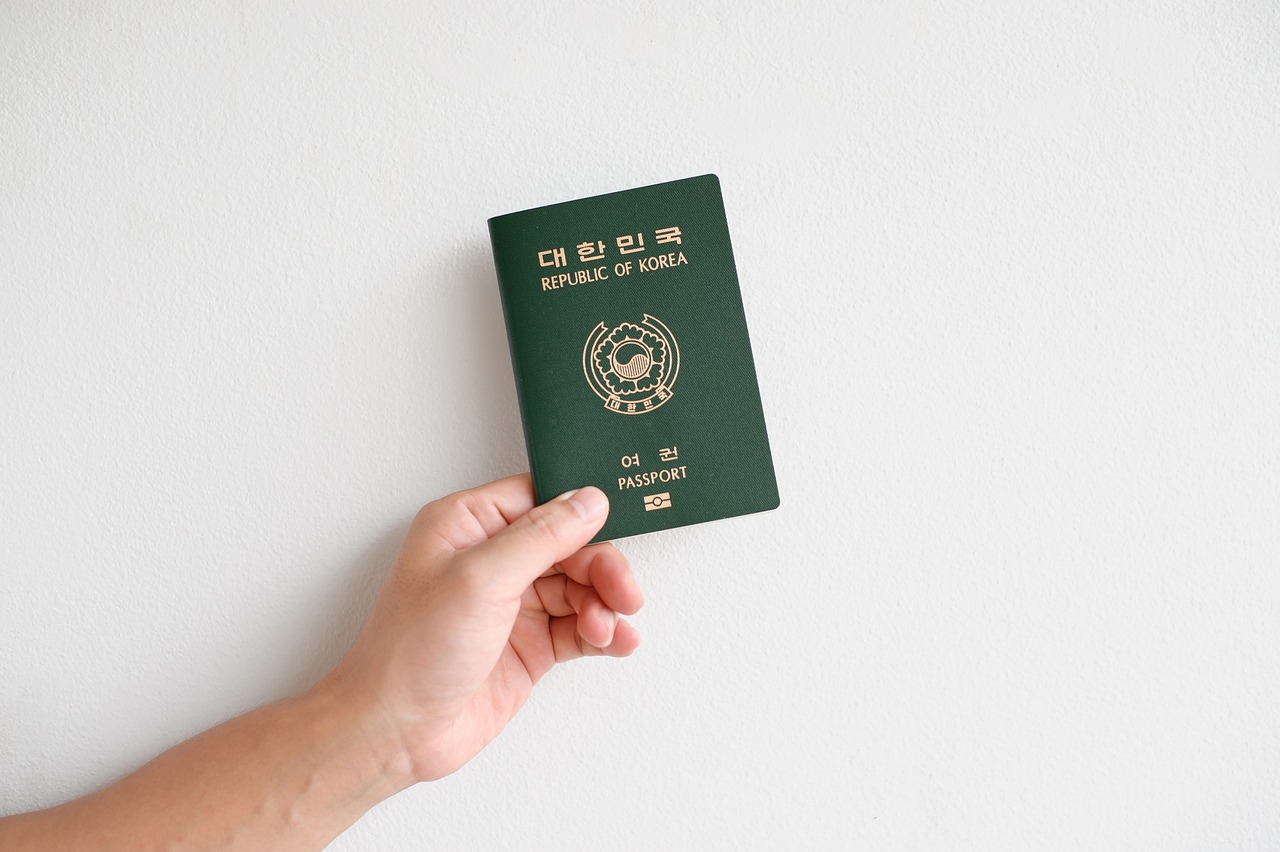
Where to Apply for a Zimbabwe eVisa
You can apply for a Zimbabwe eVisa online through the Zimbabwean e-visa website. This platform allows you to submit your application and upload required documents digitally. The online application process is designed for convenience, eliminating the need for in-person visits to the embassy. Simply follow the steps outlined on the website, and you’ll receive your eVisa via email once it’s approved.

Zimbabwean e-visa website
The Zimbabwean e-visa website is the official platform for eVisa applications. It provides comprehensive information on visa requirements, fees, and processing times. Using the official website ensures that your application is secure and processed promptly. Be cautious of third-party websites that may charge additional fees or provide incorrect information. Always use the official Zimbabwean e-visa website for your application.

Visa Requirements and Policies
Passport Validity Requirements
To apply for a Zimbabwe eVisa, your passport must be valid for at least six months from your date of arrival in Zimbabwe. This is a standard requirement to ensure that travelers have a valid travel document throughout their stay. Failing to meet this requirement can result in visa denial or entry issues upon arrival. Always check your passport’s expiration date before starting your eVisa application.
Visa Fees and Processing Times
Zimbabwe eVisa fees vary depending on the type of visa you apply for. The fees are as follows:
- Single Entry Visa: US$30.00 + service fee.
- Double Entry Visa: US$45.00 + service fee.
- Multiple Entry Visa: US$55 + service fee.
Processing times typically range from a few days to a week, so apply well in advance of your travel date. Be sure to budget for both the visa fee and the service fee when planning your trip.
Zimbabwe Visa Policy for Children
As of June 2012, Zimbabwe charges full visa fees for any individual who requires a visa, regardless of age. This means that children are subject to the same visa fees as adults. Ensure that you include visa fees for all family members when budgeting for your trip. Additionally, when traveling with children to, from, or through South Africa, be aware of additional requirements and documentation.
COVID-19 Testing and Vaccination Requirements
Currently, there are no specific COVID-19 testing or vaccination requirements for travelers entering Zimbabwe. However, it’s essential to stay updated on any changes in travel policies. Always check the latest health advisories before your trip to ensure a smooth and safe journey. While COVID-19 restrictions may change, having a flexible travel plan can help you adapt to any new requirements.
Visa on Arrival
Zimbabwe offers the option of obtaining a visa on arrival for certain nationalities. This can be a convenient alternative if you haven’t secured an eVisa in advance. However, applying for an eVisa before your trip is generally recommended to avoid potential delays at the border. Visa on arrival may also have different fees and requirements, so check the latest information before deciding.
KAZA UniVisa
What is the KAZA UniVisa?
The KAZA UniVisa is a universal visa introduced on November 28, 2014. It allows travelers to enter both Zimbabwe and Zambia with a single visa. This visa is perfect for those planning to visit both countries, offering convenience and cost savings. The KAZA UniVisa is valid for 30 days and can be obtained on arrival. This makes it an excellent option for tourists exploring the Victoria Falls region, which spans both countries.
Countries Included in the KAZA UniVisa
The KAZA UniVisa includes entry to Zimbabwe and Zambia. Additionally, it is part of a broader universal visa project that includes Angola, Namibia, and Botswana. This initiative aims to promote regional tourism by simplifying visa processes for travelers. If you plan to explore multiple countries in the region, the KAZA UniVisa offers a convenient and cost-effective solution.
How to Obtain a KAZA UniVisa
Obtaining a KAZA UniVisa is straightforward. You can get it upon arrival at designated entry points in Zimbabwe and Zambia. The process involves:
- Completing an application form.
- Providing a valid passport.
- Paying the visa fee.
The visa fee for the KAZA UniVisa is US$50. This visa simplifies travel between Zimbabwe and Zambia, making it easier to explore popular tourist destinations in both countries.
Traveling to Zimbabwe
Popular Tourist Destinations
Zimbabwe is home to several breathtaking tourist destinations. Some of the must-visit spots include:
- Victoria Falls: Known as one of the Seven Natural Wonders of the World.
- Hwange National Park: Famous for its diverse wildlife and ecosystems.
- Great Zimbabwe: Ancient stone ruins with historical significance.
These destinations offer unique experiences that showcase Zimbabwe’s natural beauty and rich history. Whether you’re an adventure seeker or a history buff, Zimbabwe has something for everyone.
Entry and Departure Procedures
When entering Zimbabwe, you’ll need to complete an arrival form and present your eVisa or visa on arrival. Upon departure, ensure that you have all necessary travel documents and have settled any outstanding fees. It’s crucial to keep your passport and visa documents accessible to avoid any delays or issues at the border. Familiarize yourself with Zimbabwe’s entry and departure procedures to ensure a smooth travel experience.
Health and Safety Recommendations
Traveling to Zimbabwe requires some health and safety precautions. Here are a few recommendations:
- Carry insect repellent to protect against mosquito bites, especially in the wet season.
- Use quick-dry clothing and waterproof footwear during the wet season.
- Neutral-colored clothing is best for safari activities.
- Binoculars, a camera with a zoom lens, and a power bank are handy for wildlife viewing.
Malaria risk is high throughout the year, especially in areas below 1200m. Always consult with a healthcare provider for any necessary vaccinations or medications before your trip.
Currency and Payments
The US dollar is widely accepted in Zimbabwe, and new ZiG notes and coins will start to circulate from April 30. Credit and debit cards are accepted in urban areas and larger establishments, but it’s wise to carry cash for more remote locations. Always have a mix of payment options to ensure you can cover your expenses throughout your trip. Familiarize yourself with the associated plug types (D and G) and the local voltage (240V, 50Hz) for your electronic devices.
Customs and Tipping Practices
Tipping is a common practice in Zimbabwe and is seen as a gesture of appreciation for good service. Customary tips range from 10-15% in restaurants and $5-10 per person per day for guided tours or safaris. Always carry small denominations to make tipping easier and more convenient. Understanding local customs and tipping practices can enhance your travel experience and ensure you show appreciation appropriately.
Travel Tips and Recommendations
Best Time to Visit Zimbabwe
Zimbabwe has two main seasons: the dry season (May to October) and the wet season (November to April). The best time to visit depends on your activities. The dry season is ideal for wildlife viewing and safari activities, as animals gather around waterholes. The wet season, while less crowded, offers lush landscapes and bird-watching opportunities. Plan your visit according to your preferences for weather and activities.
What to Pack for Your Trip
Packing for Zimbabwe requires thoughtful preparation. Here are some essentials:
- Lightweight, breathable clothing for the dry season.
- Quick-dry clothing and waterproof footwear for the wet season.
- Neutral-colored clothing for safari activities to blend with the environment.
- Insect repellent to protect against mosquitoes.
- Binoculars and a camera with a zoom lens for wildlife viewing.
Don’t forget a power bank to keep your electronic devices charged, especially during long excursions.
Guided Tours and Safaris
Taking a guided tour or safari is a great way to explore Zimbabwe’s national parks and wildlife. Professional guides provide valuable insights and enhance your experience. Guided tours are available for various interests, including wildlife safaris, cultural tours, and adventure activities. Booking through reputable tour operators ensures a safe and memorable experience.
Exploring National Parks and Wildlife
Zimbabwe boasts several national parks that offer unique wildlife experiences. Some popular parks include:
- Hwange National Park: Known for its large elephant population and diverse ecosystems.
- Mana Pools National Park: A UNESCO World Heritage Site with stunning landscapes and wildlife.
- Matobo National Park: Famous for its rock formations and cultural significance.
Exploring these parks provides opportunities for wildlife viewing and experiencing Zimbabwe’s natural beauty. Always follow park guidelines and respect wildlife to ensure a safe visit.
Useful Contacts and Resources
Having useful contacts and resources can enhance your trip to Zimbabwe. Some key contacts include:
- Zimbabwean Embassy for visa and travel information.
- Local health clinics for medical assistance.
- Tour operators for guided tours and safaris.
Keep a list of important contacts accessible during your trip. This ensures you have support in case of emergencies or when you need assistance.
| Information | Description |
|---|---|
| Passport Validity | Must be valid for at least six months from the date of arrival in Zimbabwe |
| Visa Fees | Single Entry: US$30 + service fee, Double Entry: US$45 + service fee, Multiple Entry: US$55 + service fee |
| COVID-19 Requirements | No specific testing or vaccination requirements currently |
| Visa Extension | Can be extended every month for up to 12 months at the Immigration Office |
| Currency | US dollar widely accepted; new ZiG notes and coins from April 30 |
| Malaria Risk | High throughout the year, especially below 1200m |
| Tipping | Customary tips: 10-15% in restaurants, $5-10 per person per day for guided tours |
| Plug Types | Types D and G, 240V supply voltage, 50Hz |
| KAZA UniVisa | US$50, valid for 30 days, allows entry to Zimbabwe and Zambia |
Originally posted 2024-08-06 18:08:53.
